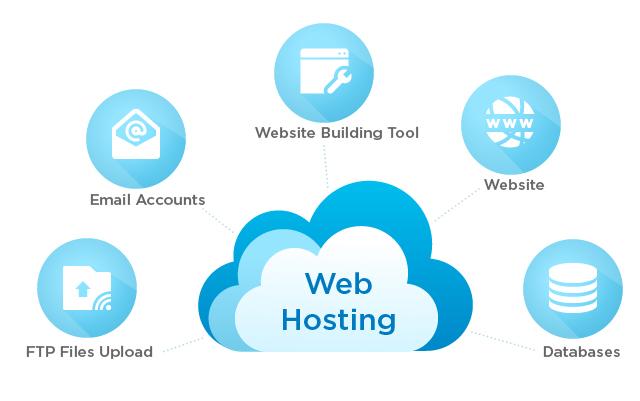Creating a build host website can be an exciting project! Here’s a step-by-step guide to help you get started, covering key components like design, functionality, and technology stack.

1. Define Your Purpose
Determine the specific purpose of your build host website. Are you providing build services for specific programming languages, offering CI/CD (Continuous Integration/Continuous Deployment) pipelines, or hosting software builds for developers?
2. Plan Your Features
Consider including features such as:
- User Registration/Login: Allow users to create accounts and manage their builds.
- Build Management: Users can upload their code, specify build configurations, and manage build history.
- Notifications: Email or push notifications for build status updates.
- API Access: Provide an API for users to trigger builds programmatically.
- Documentation: Offer detailed guides and FAQs.
3. Choose Your Technology Stack
- Frontend: HTML, CSS, JavaScript (Frameworks: React, Angular, or Vue.js)
- Backend: Node.js, Python (Flask/Django), Ruby on Rails, or Java (Spring Boot)
- Database: MySQL, PostgreSQL, or MongoDB
- Hosting: Cloud services like AWS, Google Cloud, or DigitalOcean
- Build Tools: Docker, Jenkins, Travis CI, or GitHub Actions
4. Design the User Interface
Create wireframes or mockups for your website. Use tools like Figma or Adobe XD to design:
- Homepage
- User dashboard
- Build submission form
- Build history page
- Notification settings
5. Develop the Website
- Set up the frontend and backend: Start by creating a repository for your project. Set up a basic server with your chosen backend technology and create a frontend application.
- Implement user authentication: Use libraries like Passport.js (Node.js) or Django’s built-in authentication for managing user accounts.
- Build management: Create functionality to upload code, trigger builds, and display build results.
- Notifications: Implement a notification system using services like Twilio or SendGrid.
6. Test Your Website
Perform thorough testing to ensure everything works correctly. Include:
- Unit tests for individual components
- Integration tests to check how different parts of the application work together
- User acceptance testing (UAT) with real users
7. Deploy Your Website
Choose a hosting platform and deploy your website. Popular options include:
- Heroku: Easy to use and suitable for small projects.
- AWS/GCP/Azure: More complex but offers scalability and additional services.
- DigitalOcean: Cost-effective and user-friendly.
8. Maintain and Update
After deployment, monitor the website for performance and user feedback. Regularly update the site with new features, security patches, and optimizations.
Example Tech Stack
- Frontend: React
- Backend: Node.js with Express
- Database: PostgreSQL
- Deployment: AWS with Docker
Resources
- Documentation: GitHub for code hosting and version control.
- UI Libraries: Material-UI for React or Bootstrap for quick styling.
- Tutorials: Look for online tutorials for specific technologies you're using.


Sponsor
Căutare
Sponsor
Sponsor
Categorii
- Web Development
- Art
- Causes
- Crafts
- Dance
- Drinks
- Film
- Fitness
- Food
- Jocuri
- Gardening
- Health
- Home
- Literature
- Music
- Networking
- Alte
- Party
- Religion
- Shopping
- Sports
- Theater
- Wellness
Citeste mai mult
Toulene Market Size, Competitive Landscape, Regional Outlook and COVID-19 Impact Analysis 2023
Introduction:
Toluene is an aromatic hydrocarbon commonly derived from petroleum and coal tar....
How to Start a Career in Digital Marketing from Scratch (2025 Guide)
Digital marketing is not just a buzzword anymore — it’s a full-time, high-paying...
What Is Required for a WooCommerce Site Owner?
Running a WooCommerce site is like owning a digital storefront in the heart of the busiest online...
Optimizing Your WordPress Website Step by Step | How to speed up your WordPress site
Fixing slow WordPress website
In today's digital age, having a well-optimized WordPress website...
Best Cybersecurity Certifications to Get in 2025 (and Their Salaries)
Let’s dive into the top cybersecurity certifications to get in 2025, along with their...
© 2025 Abhira Social Media
 Romaian
Romaian




